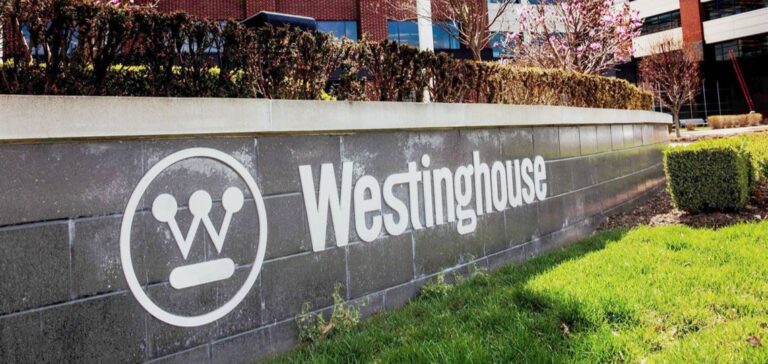The JEK2 project aims to build a new nuclear power plant in Slovenia, near the existing Krško facility. This site, which houses a 696 MWe pressurized water reactor, generates about one-third of the country’s electricity. The project could include one or two reactors, with a total capacity of up to 2400 MW.
An Investment of Several Billion Euros
GEN energija, the company in charge of the project, engaged in discussions with several international nuclear technology providers before selecting EDF and Westinghouse to conduct a feasibility study. The study, which will cost approximately €8.3 million, aims to assess the project’s technical and regulatory requirements, as well as safety and implementation aspects.
Preliminary cost estimates for construction vary based on reactor size. A 1000 MW unit would require an investment of €9.3 billion, while a 1650 MW unit would reach €15.3 billion.
KHNP Withdraws from the Process
Korea Hydro & Nuclear Power (KHNP), initially among the three considered companies, has chosen not to submit a bid. According to GEN energija, this decision results from a reassessment of its strategic priorities and the current business environment.
Westinghouse, which designed the first Krško reactor in operation since 1983, has partnered with Hyundai Engineering & Construction for this study. EDF, on its part, brings its expertise in nuclear engineering, reinforced by its recent European projects.
Towards an Investment Decision in 2028
The feasibility study’s conclusions will serve as a basis for upcoming political and economic decisions. The Slovenian government had initially planned to hold a referendum on nuclear energy last November, but it was postponed due to political tensions. Prime Minister Robert Golob has nevertheless reaffirmed his commitment to consulting the population before any final decision, currently scheduled for 2028.
Meanwhile, GEN energija continues evaluating other energy projects, including a preliminary study for constructing small modular reactors in Slovenia.






















